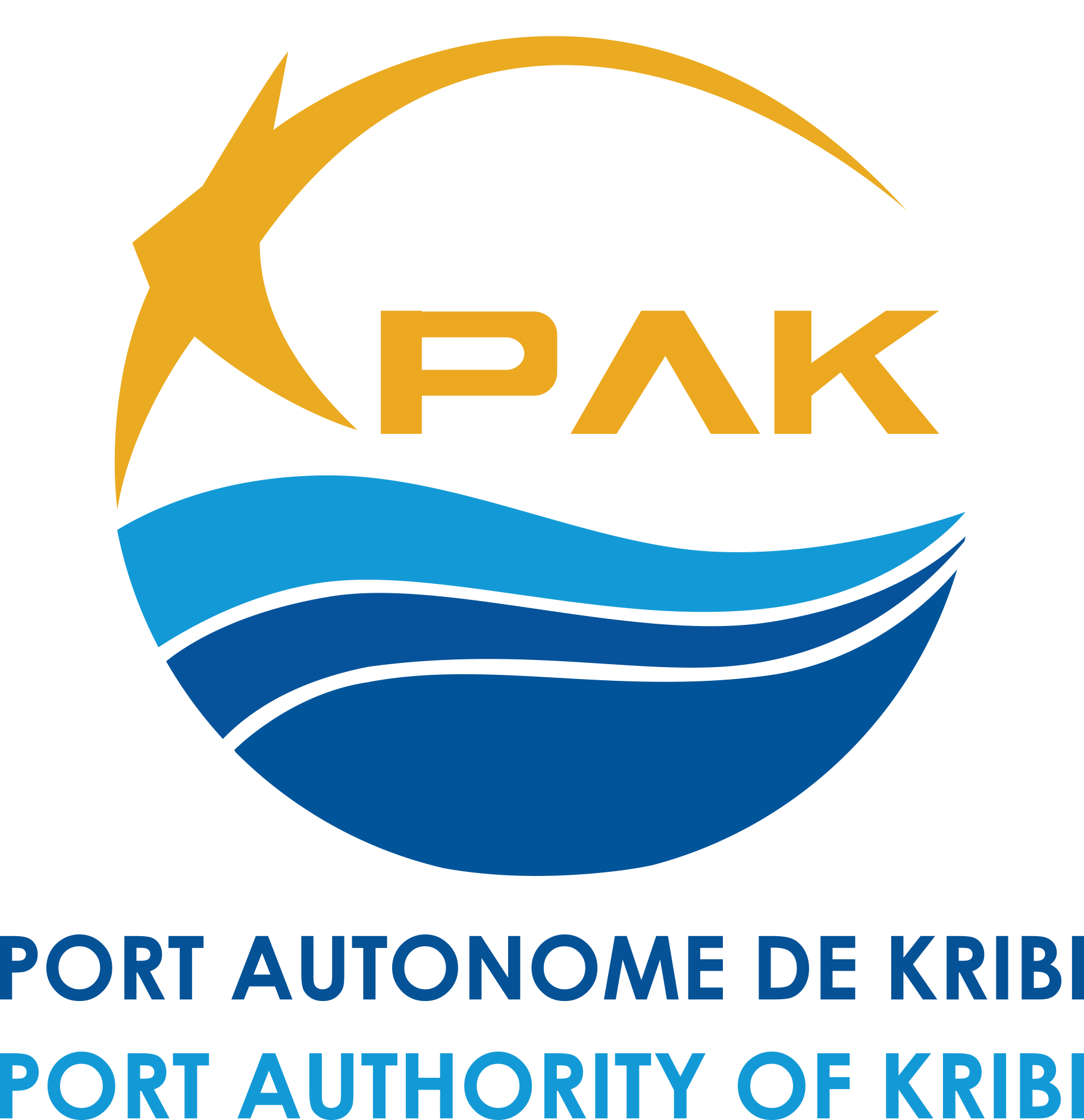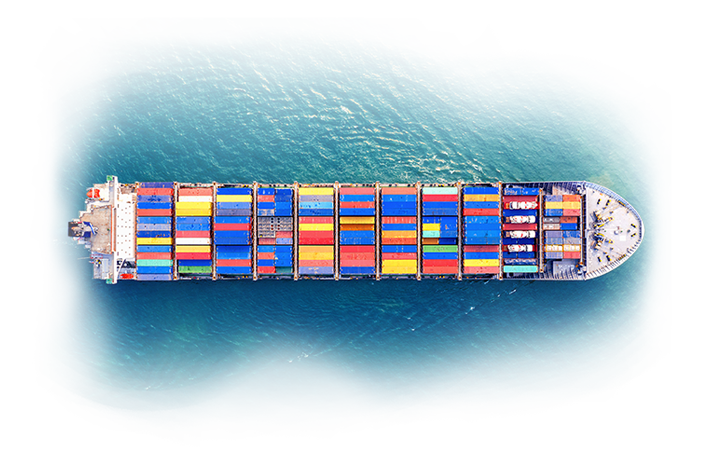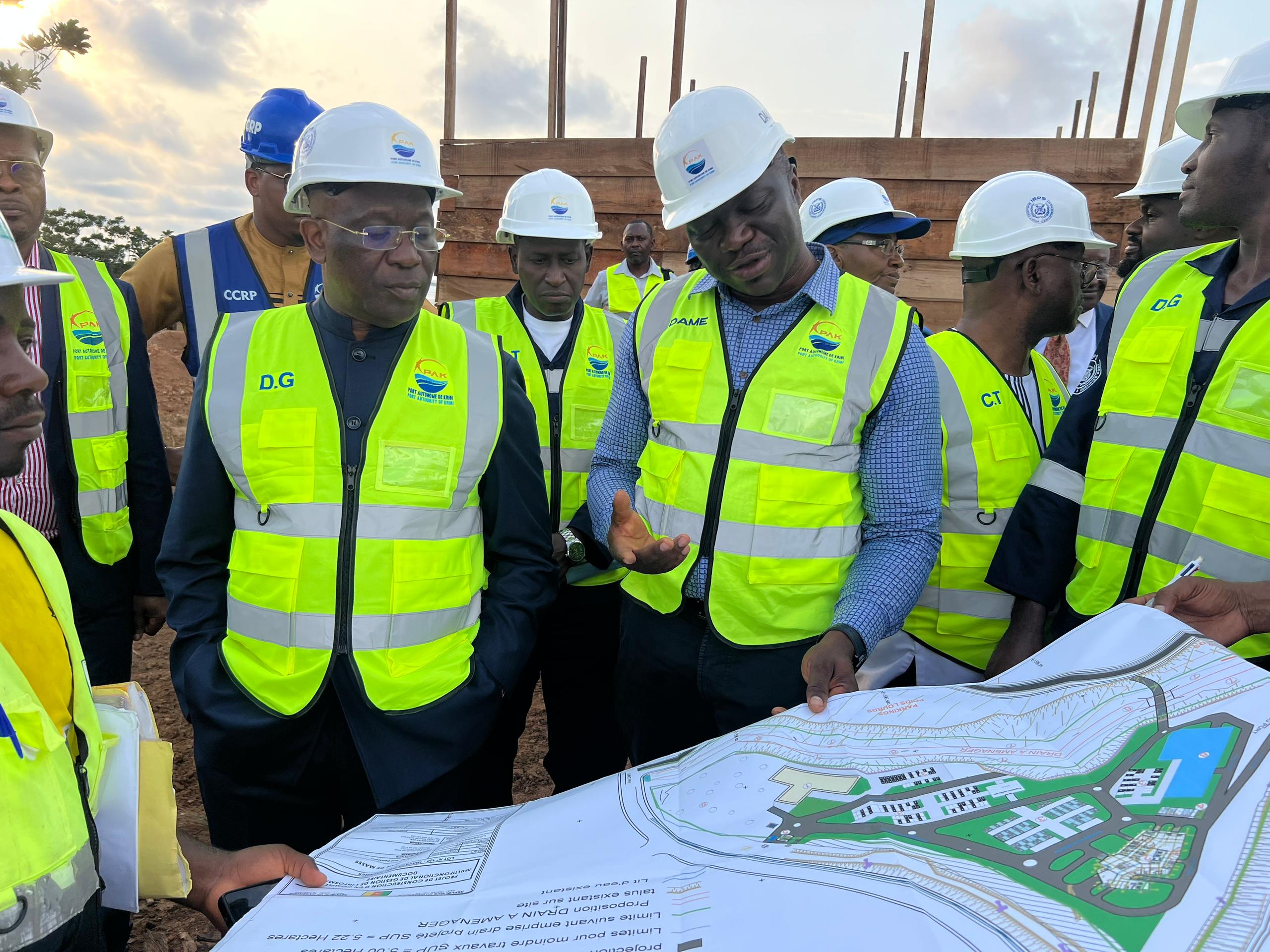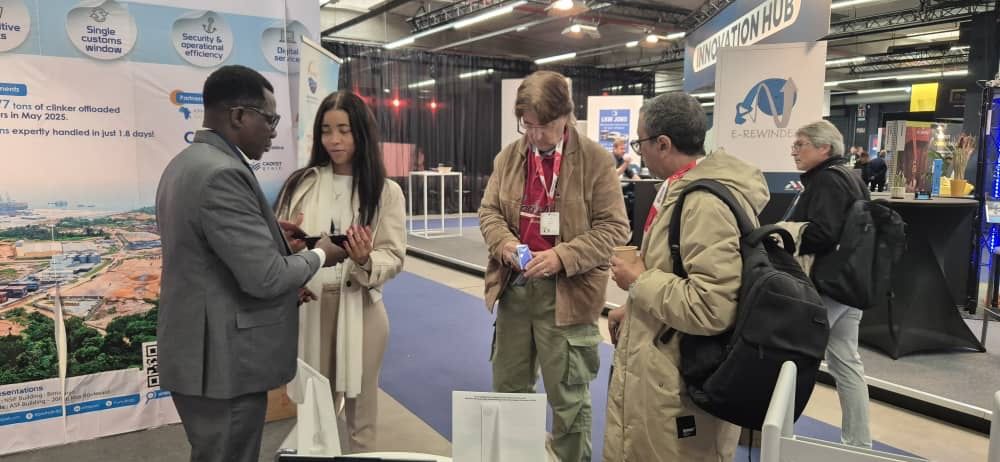PAK-FEICOM Agreement : Cameroon’s Industrialisation on the Move

PAK-FEICOM Agreement : Cameroon’s Industrialisation on the Move
A strategic partnership to accelerate industrial and territorial transformation.
Tuesday, August 26, 2025, will be remembered as a decisive step in Cameroon’s industrial transformation. In Kribi, the Port Authority of Kribi (PAK) and the Special Council Support Fund for Mutual Assistance (FEICOM) sealed their commitment through a memorandum of understanding reflecting shared ambitions and a common vision of integrated territorial development backed by an international logistics platform.
Welcoming the FEICOM delegation led by Mr. Philippe Akoa, Mr. Patrice Melom, General Manager of PAK, opened the ceremony with a fruitful discussion before the formal signing session, held in a solemn setting that highlighted the strength of institutional cooperation.
This partnership aims to maximize the impact of the Kribi Industrial Port Zone by leveraging the IFI2P (Public and Private Investment Financing Initiative) and capitalizing on the “project bank” available on the online platform. Through infrastructure development, financial support, and shared governance, this institutional alliance has the potential to turn commitments into concrete actions on the ground.
The Port of Kribi, one of the world’s largest industrial-port complexes with 15,000 hectares dedicated to development, has shown remarkable dynamism: 53 authorized industrial projects, nearly 400 billion CFA francs in investments between 2018 and 2025, and operational transformation units in cocoa, cement, and flour. The recently delivered Phase 2 of the port has further strengthened logistics capacity, consolidating Kribi as a leading sub-regional hub.
Through this signature, PAK and FEICOM are setting a new territorial dynamic that combines modern infrastructure, strong financial backing, and inclusive industrialization. Both institutions reaffirm their commitment to making the Port of Kribi a national growth catalyst, an efficient industrial hub, and a model of institutional cooperation.






